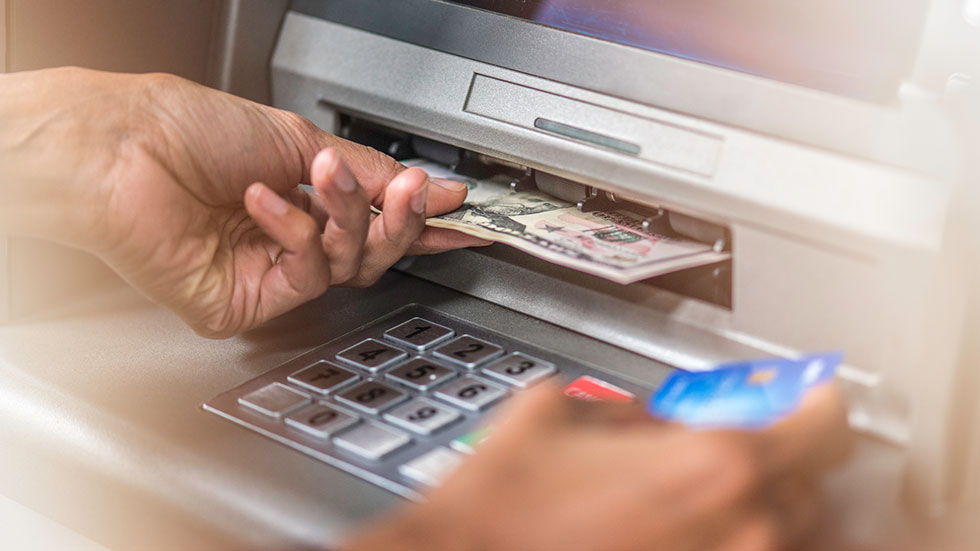Should I get a No Annual Fee Credit Card?
9 types of credit card fees and how to avoid them


What do ancient Mesopotamian clay tablets, metal plates in the early 1900s, and the rewards credit card in your wallet have in common? They’re all tools from throughout history that people have used to buy now and pay later. These past instances helped form the modern use of credit today. While forms of credit have been around as long as money, yearly payments to access them haven’t.
Credit cards with annual fees are a relatively new phenomenon. The idea is to pay a fee once a year to use the card the same way you would pay every month for a gym membership. Annual fees confer exclusive benefits, but that doesn’t mean they’re worthwhile for every customer. Here’s a breakdown of credit card fees and how to decide if an annual fee makes sense for you.

Types of credit card fees
Credit cards have various fees that make using them more expensive. Fortunately, you can avoid many fees through responsible card use. You can see how these fees function in your card’s terms of use, which summarizes what you’ll pay in specific instances. Here’s a breakdown of each type:
Interest
Interest on a credit card is the charge you incur for carrying a balance from month to month. When you create a balance on a credit card, you can pay it off at the end of the billing period and avoid interest. However, the interest rate kicks in if you don't pay the balance. This fee is expressed as the annual percentage rate (APR) on your statement. APRs on credit cards are notoriously high. In fact, according to Forbes Advisor the average APR is 27.94%. As a result, this is one of the highest fees for credit cards.
Late fees
Late fees go hand in hand with interest to make carrying a balance more expensive. Specifically, late fees occur if you don't pay your balance on time. Smaller banks and credit unions typically have late fees of $25 or less. On the other hand, larger banks and credit card issuers might charge a percentage of your yearly interest, which could end up being more expensive. Remember, missing a payment also hurts your credit, amplifying the financial consequences of not paying your balance.

Annual fees
Even if you pay your balance on time and use your card responsibly, the one cost you'll always pay is the annual fee. Many credit cards don’t charge annual fees. However, this expense can bring greater benefits than other cards offer, such as airport lounge access, bonus cash back, or extra rewards points for travel.
Annual fees on credit cards are charged once a year for the privilege of having the card. While they can range from $95 to several hundred dollars a year, the membership programs can bring exponentially higher value than the annual payment.
That being said, no annual fee credit cards can also provide substantial perks. Reward credit cards typically offer cash back for regular expenses, including groceries, gas, and online shopping. These cards can provide significant rewards for purchases you would make, regardless of your other spending habits.
As a result, choosing a card with an annual fee means crunching some numbers. For instance, a card with a $95 annual fee may yield an additional $300 in travel rewards if you fly frequently each year. If you travel around the country multiple times annually, the annual fee becomes worthwhile. However, if you're more of a homebody, you'll end up losing money on the annual fee.

Cash advance fee
Credit cards usually provide a cash advance feature, meaning you can withdraw cash at an ATM. Credit card companies charge a fee for this service and use a higher APR for cash advance balances. Plus, the ATM may charge a fee for the cash advance. Cash advance fees usually range between 3% and 5% per each transaction.
Over limit fees
When a credit card company approves a new customer's application, they set a credit limit for the account. For example, your credit limit on a new card could be $10,000. If your balance reaches this limit, using the card for another purchase will incur a fee. However, companies often allow you to opt out of the over-limit option, so your card will decline in these instances. This way, you won't experience over-limit fees.
Foreign transaction fees
Using a credit card while overseas or purchasing an item from a foreign country means paying in another currency. Some cards charge a foreign transaction fee of 1% to 3% of the purchase. However, travel credit cards typically waive this fee to attract customers, making them an ideal choice if you travel frequently.
Returned payment fees
Returned payment fees occur if your payment is returned because your bank account has insufficient funds. It's a penalty for failed payments. Ensuring your bank account has enough to pay your credit card balance can help you avoid this fee, as can overdraft protection on your bank account.
Balance transfer fees
If you have a high balance on one credit card, you can pay it off with another credit card. Doing so is called a balance transfer, and credit card companies usually charge a 3% fee for this service. Plus, the balance will accrue interest at the end of the next billing cycle unless the card has a 0% promotional APR for balance transfers.

Card replacement fees
If you lose your credit card or it gets stolen, your credit card company might charge for a replacement. Fortunately, most companies offer a free replacement the first time. However, subsequent replacements will incur a fee. Average card replacement fees range from $5 to $15.
How to avoid credit card fees
As the list above demonstrates, credit card fees aren’t all identical. Typically, credit card companies charge them for specific actions by the customer. To avoid these fees:
- Pay your balance on time to avoid interest and late fees.
- Refuse to use the cash advance, balance transfer, and foreign transaction features on your card to avoid the related fees.
- Stay under your credit limit and keeping your bank account healthy to ensure your card use is fee-free.
- Store your card in a safe place to avoid replacement fees.
- Choose a credit card with no annual fee.
Is credit card with an annual fee a good choice for me?
Whether an annual fee credit card makes sense depends on your spending habits, financial goals, and card benefits. Remember, although a credit card can provide generous rewards to users who spend a lot, paying your card is a separate matter. For example, if you struggle to pay your balance every month, you'll incur interest charges and late fees. These costs cancel out any benefits received from the card, hurting your financial well-being.
On the other hand, if you find a card with an annual fee that is affordable and matches your spending habits, you could receive hundreds of dollars every year. When a credit card's rewards program aligns with how you allocate your monthly budget, it's an excellent way to generate some extra cash.
